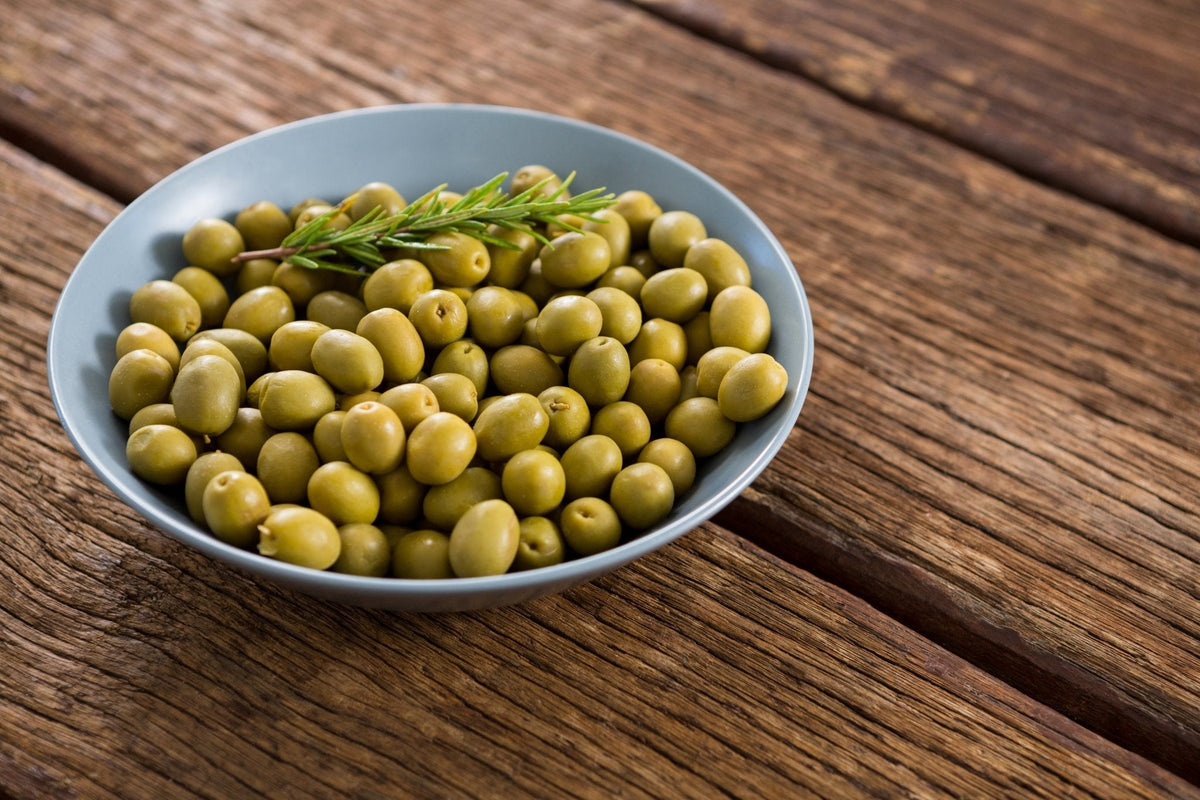Lactobacillus casei is one of the many Lactobacillus species, and has numerous benefits for the human body. It’s naturally present in the human intestinal tract and reproductive system, but also in foods such as raw and fermented dairy products, and fresh and fermented plant products. It’s also the main strain of bacteria used in fermenting green olives.
L. casei is native to cows and is naturally found in raw cow’s milk and colostrum.
A probiotic with broad-ranging benefits
Lactobacillus casei functions best at a pH of 5.5. It produces a lactic acid through fermentation, which is often used to make cheeses and yogurts.
More importantly, the fermented byproducts created by L. casei have been shown to have numerous probiotic benefits in reducing cholesterol levels, enhancing the immune response, controlling diarrhea, alleviating lactose intolerance and inhibiting intestinal pathogens.
Lactobacillus casei studies show significant improvements in immunity, allergies, cholesterol levels and digestion.
Improve your digestion
One of the best-known uses for L. casei is improving digestion. It helps the body to digest milk, reducing the risk of milk intolerance.
L. casei is also an excellent treatment for diarrhea. A 2002 study found that L. Casei resulted in significant improvement in patients with chronic diarrhea. However, the patients’ reduction in diarrhea was restricted to the periods in which they were taking the L. casei continuously. When they stopped taking it, their diarrhea returned. Researchers suggested that L. casei must be taken long-term in order to provide full digestive benefits.
Those with Irritable Bowel Syndrome report that Lactobacillus casei reduces the recurrence and severity of their symptoms. L. casei has also been known to help prevent IBS flare-ups, as well as diarrhea and constipation associated with dysbiosis.
Preventing disease
There’s also evidence that L. casei can help to prevent serious diseases such as diverticulitis, H. pylori (which causes stomach ulcers) and even cancer. A 2002 study found that mice supplemented with L. casei had a reduced risk of colorectal cancer. In fact, the researchers reported that L. casei significantly improved the composition of gut microbiota, which plays a major role in colitis-associated colorectal cancer.
Boosting immunity
Lactobacillus casei may also help those with seasonal allergies such as hay fever. A Japanese study found that those who were supplemented with L. casei for several weeks had fewer immune system markers (the ones that cause an inflammatory response. It has also been suggested that pregnant women who take L. casei can increase the T helper cells in their breast milk, which could reduce the risk of allergies in their newborn.
Further research shows that L. casei can help to boost the immune system and reduce the risk of viral infections – including rotavirus – and even inhibit Candida overgrowth. It helps to prevent common infections such as cold and flu, but also pneumonia, bronchitis and other respiratory ills.
For women, one of the most important benefits of Lactobacillus casei is its ability to prevent and treat vaginosis. Although the probiotics were found to enhance the efficacy of antibiotics, they also performed well when used alone.

